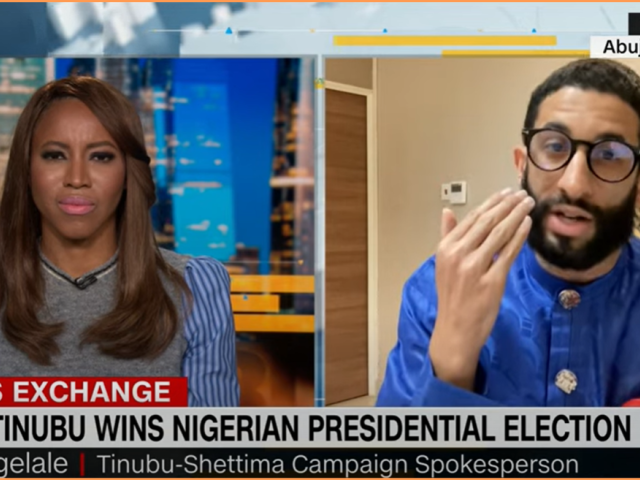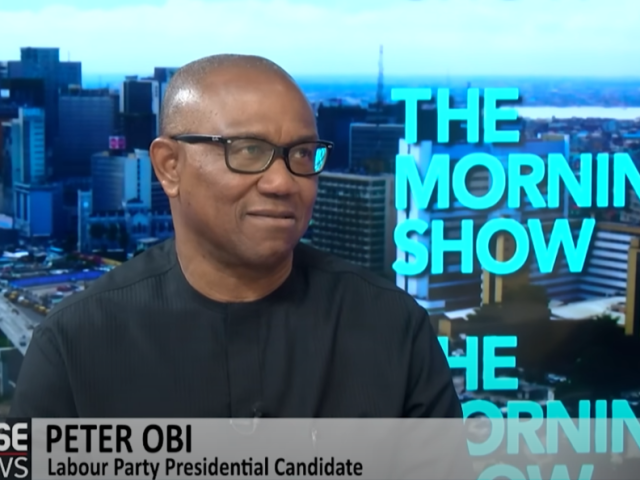IN SHORT: A statement deferring his presidential ambitions would suggest that Nigerian opposition leader Peter Obi had lost faith in the case he's been making to an election tribunal. But he has denied ever saying this.
A post published on Facebook quotes Peter Obi, a presidential candidate in Nigeria’s 2023 general election, saying he would be the country’s leader in 2027.
According to the 10 July 2023 post, Obi said: “I will be president of Nigeria in 2027.”
The claim has also been posted on other Facebook pages such as here, here, here, here, here and here.
Obi, a former governor of Nigeria's south-eastern state of Anambra, was the Labour Party's presidential candidate in the 25 February 2023 vote.
Bola Tinubu of the All Progressives Congress won the election, with Obi coming in third. While Tinubu has since been sworn in, Obi and another opposition party have challenged the result at an election tribunal.
A statement deferring his presidential ambition until 2027 would suggest that Obi has lost faith in the case he's making to the tribunal.

Obi: Manipulation of media space now a trade
The posts do not include details of where or when Obi is meant to have made the comments. We also could not find any reporting of it in the mainstream media.
And in a statement posted on his verified Twitter account, Obi described the comments attributed to him as “bogus”.
“I have noticed with dismay, an emerging pattern where fake media reports and news items are predicated on interviews and press remarks I never granted,” he said.
“Regrettably, our politics have sunken to this abysmal level where manipulation of the media space is now a trade.
“For me, I shall continue to speak on topical national issues via recognized news and media outfits. But I certainly will not concern myself with cheap distractive trolls."
Republish our content for free
For publishers: what to do if your post is rated false
A fact-checker has rated your Facebook or Instagram post as “false”, “altered”, “partly false” or “missing context”. This could have serious consequences. What do you do?
Click on our guide for the steps you should follow.
Publishers guideAfrica Check teams up with Facebook
Africa Check is a partner in Meta's third-party fact-checking programme to help stop the spread of false information on social media.
The content we rate as “false” will be downgraded on Facebook and Instagram. This means fewer people will see it.
You can also help identify false information on Facebook. This guide explains how.




Add new comment